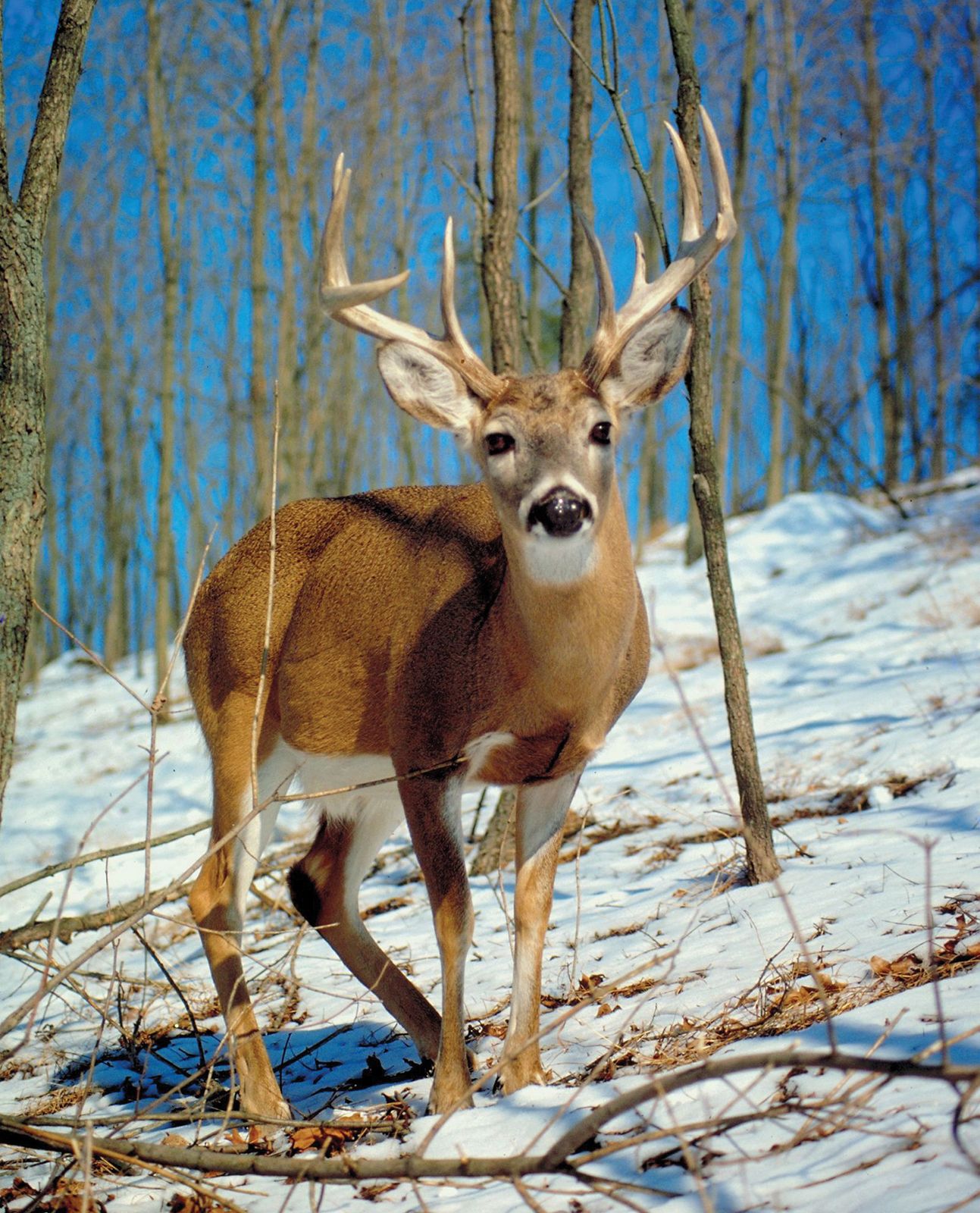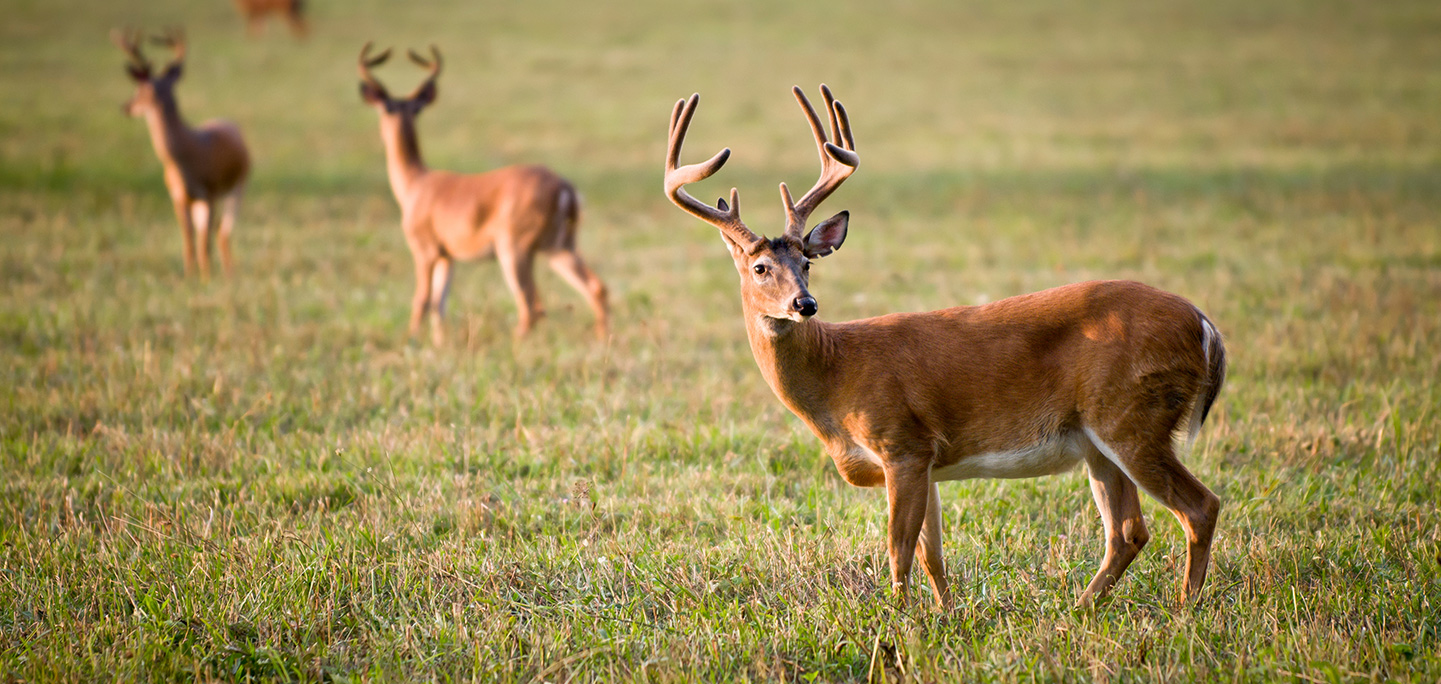One of the most popular plants for avid gardeners is the hosta. Hostas come in a variety of varieties based on the color and form of its leaves.
They all have one thing in common: Hosta plants are low maintenance and a lovely addition to any garden. Unfortunately, deer also enjoy eating hostas.
Deer may be a cute and friendly animal, but they may be a gardener’s worst nightmare. It can without hesitation undo a month’s worth of labor.
Hostas are a favorite food of deer, who frequently visit lovely gardens. We will therefore assist you in resolving your conflict with deer in this article.
Table of Contents
What’s the easiest way to keep deer from eating hostas?
Utilizing repellents is the most effective way to prevent deer from munching on hostas. Many deer repellent products are available on the market, and seasoned gardeners have been using them for a while. The effectiveness and utility of repellents have been established.
Deer are deterred from visiting plants that they may enjoy by the repellents’ distinctive taste and scent. Although they differ, the majority of them share components like red pepper, eggs, and garlic.
These substances have an unpleasant smell to deer, thus they work well to keep them away. Consistency in application is key when utilizing deer repellents.
If products are not used frequently, they will become ineffective. We advise applying the repellant on Hostas once every two to four weeks. Apply the product more regularly if the weather is rainy.
Be mindful that the repellents can only be used on plants like hostas that aren’t resistant to deer. It could harm other plants if you use it on them.
You can even create a homemade deer repellent, which we will cover below, if you are wary about using chemicals. There are numerous additional methods for keeping deer away from your hostas.
Different Ways to Keep Deer Away

1. Put a fence
Installing a fence is a wonderful technique to prevent deer from entering your garden and from eating Hostas alone. There are various fences you might use to enclose the garden.
When installing a fence, its height should be taken into account initially. Deer are strong, intelligent creatures with a good vertical leap. It should be at least five feet high. This is an effective approach to prevent deer from entering, but it can be expensive.
2. Scare the deer
One of the best methods is to startle the deer. One strategy to scare off deer is to keep a dog at home who “guards” the garden. Even innocent creatures that bark can make deer exceedingly nervous.
3. Use visual deterrents
You can also use aluminum plates hung from your trees to deter deer. On deer, this visual deterrent is very effective. The plates can be shaken by the wind, which makes them more threatening to animals.
4. Motion-sprinkler
Sprinklers that are activated by movement are highly effective in keeping deer away. When motion is detected, they turn on and start to sprinkle water in that direction.
You can adjust the sprinkles’ intensity, making this strategy adaptable. However, there are drawbacks to this choice. Multiple sprinklers are required, and they only work during the warmer months. The hose freezes in the winter, making sprinklers inoperable.
Homemade Deer Repellent
There are several sprays you can make on your own if you’re looking for alternatives to coffee grounds as a natural insect repellent:
Egg and garlic repellent spray
This spray smells bad to both humans and deer, so it might not be the ideal option to begin with. But it works well and is simple to produce.
Ingredients:
- Warm water, 1 gallon
- 3 whole eggs (with shell)
- 3 smashed cloves of garlic
- 2 tablespoons of spicy chili or pepper
Instructions:
Blend all of the ingredients together in a blender. Make sure they are thoroughly combined. Give the spray 24 hours to sit. Place the spray bottle with the liquid inside. Spray the substance liberally throughout the area, including the ground and the foliage.
Peppermint Spray
One of the best homemade sprays is this one. It has a lasting impact, however because of its chemical list, it may be slightly harmful to the plant. Therefore, take care not to spray it directly on the plant. Although the smell might be enticing to you, we assure you that deer abhor it.
Ingredients:
- Peppermint oil, 6 drops
- rosemary oil, four drops
- White vinegar, 240 milliliters
Instructions:
Fill the spray bottle with the ingredients. Make sure the ingredients are thoroughly combined by shaking the bottle. The area around the hostas is covered in spray.
Liquid Soap Spray
One of the finest deer repellant components is soap. It is ineffective to use liquid soap alone; but, if you combine it with eggs, garlic, or pepper, the deer will stay away. One of the best recipes for liquid soap spray is provided here:
Ingredients:
- one gallon of hot water
- liquid soap weighing 1.5 to 2 ounces
- a single garlic clove
- Pepper, 2 tablespoons
- 2 eggs
Instructions:
Blend all of the ingredients together in a blender. Make sure they are thoroughly combined. Give the spray 24 hours to sit. Place the spray bottle with the liquid inside. Make sure the entire area is covered by the liquid by spraying it on the ground and the leaves. Apply again every two weeks.
Will coffee grounds keep deer away from Hostas?
We previously mentioned some do-it-yourself strategies for deterring deer from Hosta plants. Coffee grounds are one of the most widely used deer-repelling strategies among gardeners.
Deer have unique senses of taste and smell. Smells that humans find appealing have the opposite effect on deer, for this reason. Garlic, pepper, and even soap odors can all be very offensive to deer senses.
One of the things that is harmful to deer is coffee. So, if you want to utilize coffee grounds to repel deer, follow these instructions:
For at least a week, place ground coffee in a plastic bag or other container. In this manner, the smell’s concentration will be contained and enhanced.
The second step is to cover your Hostas with the coffee grounds. Even if this approach isn’t the most effective one, it still works. Its success is mostly due to consistency. So, remember to disperse the coffee grinds every two weeks.
Will Hostas grow back after deer eat them?

Although hostas can bounce back from a single deer “attack,” if they are regularly eaten, it will be difficult for them to grow again. You can ensure the safety of your plants by keeping in mind the advice in this article.
